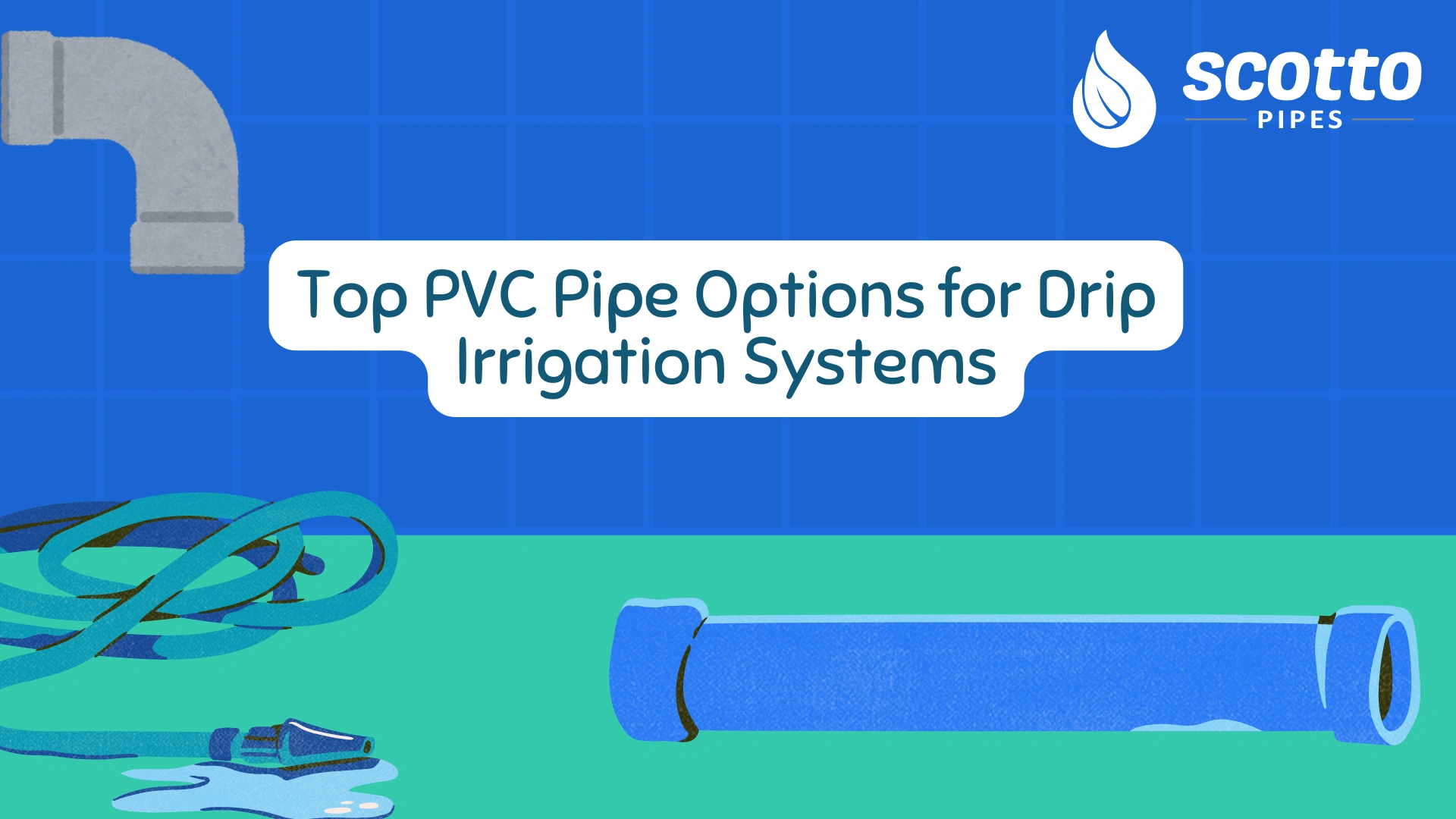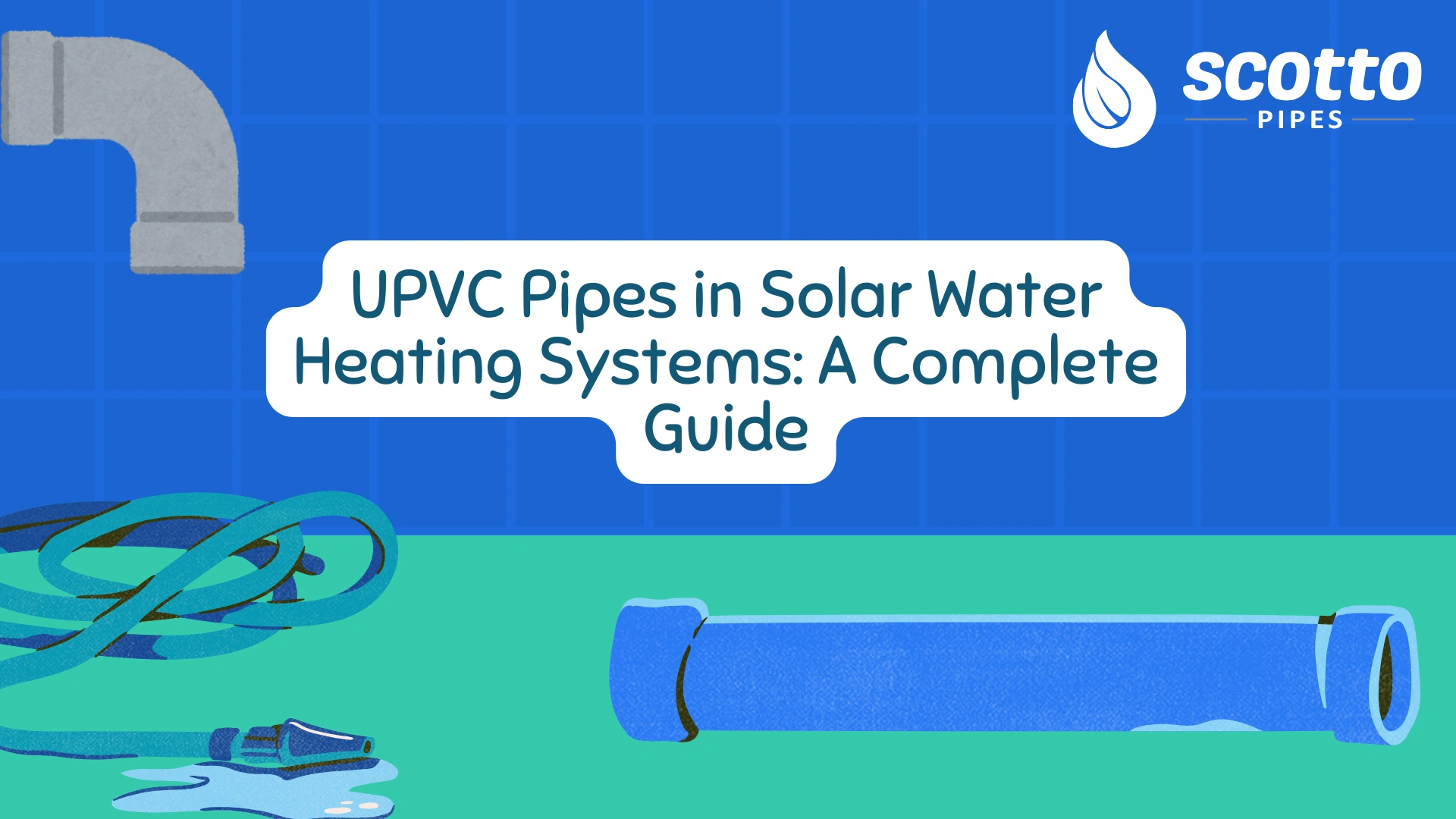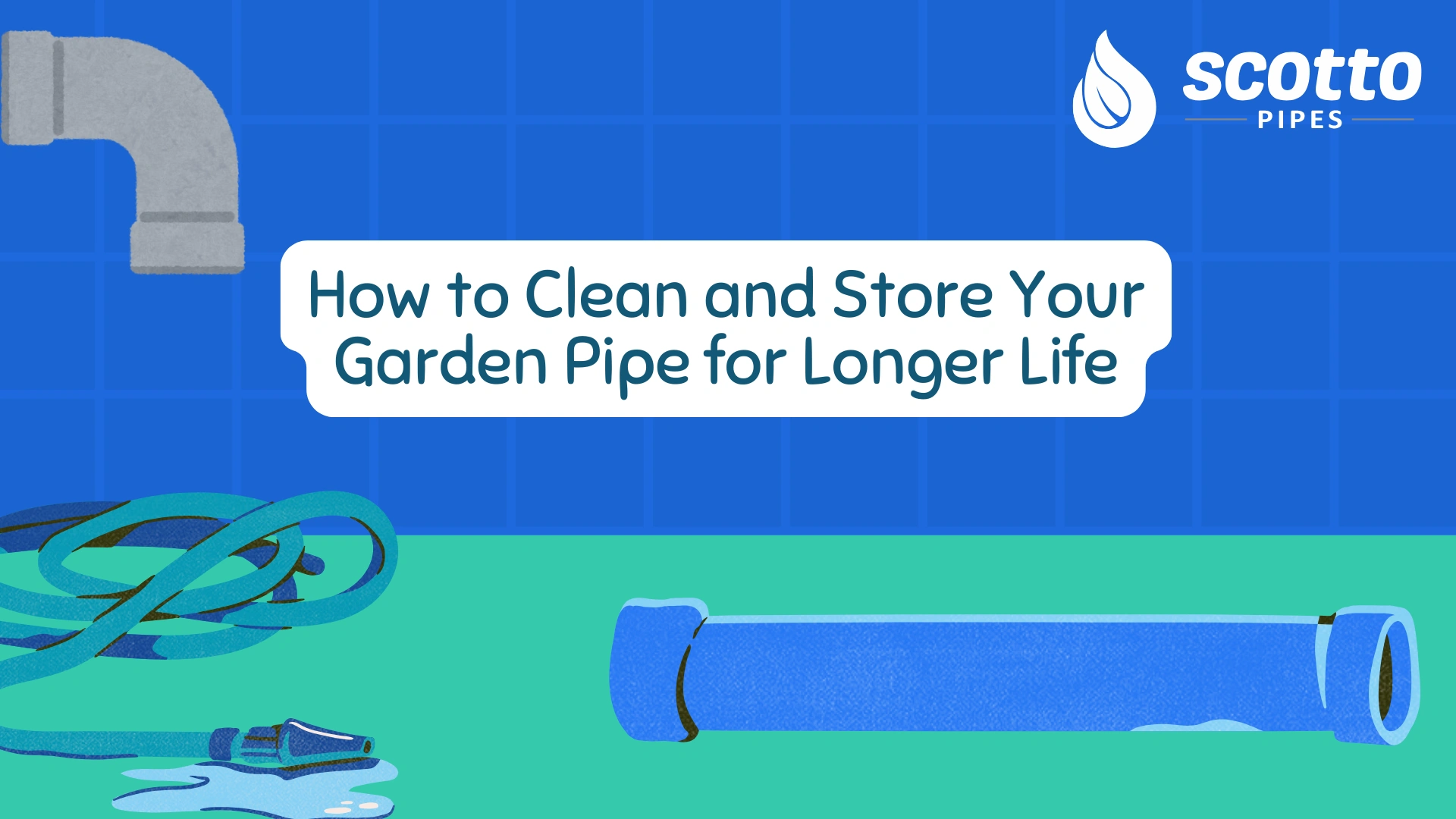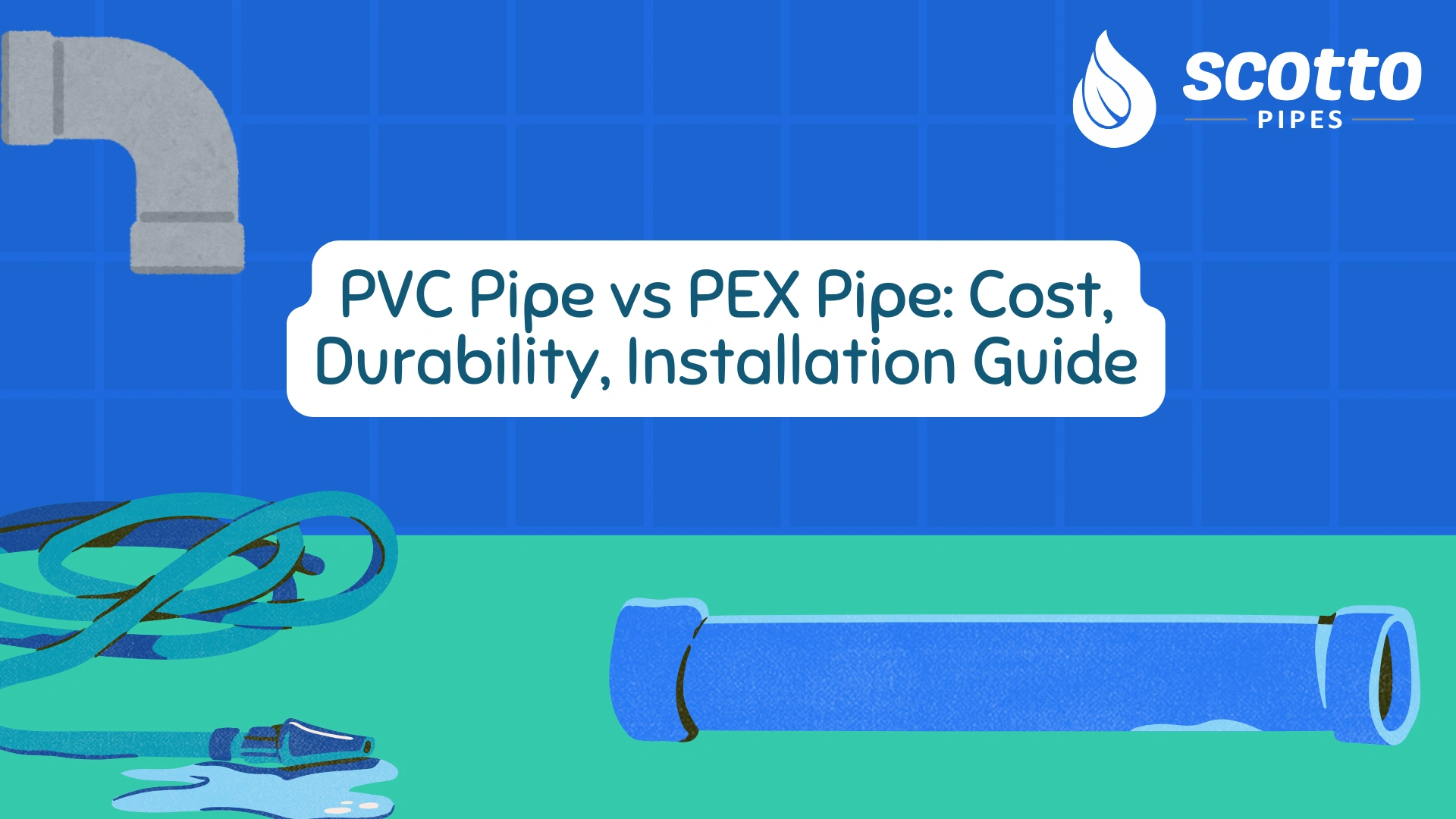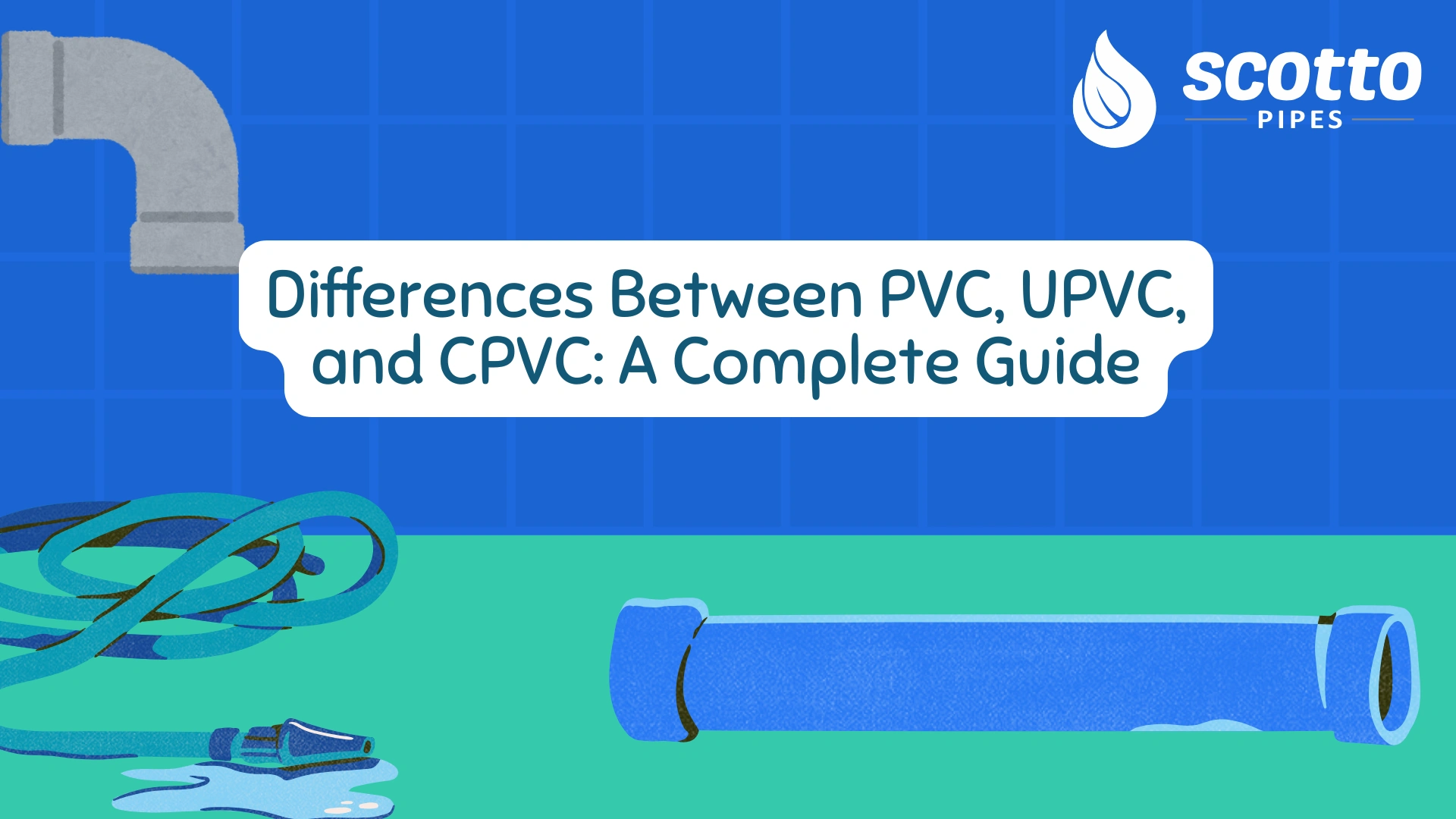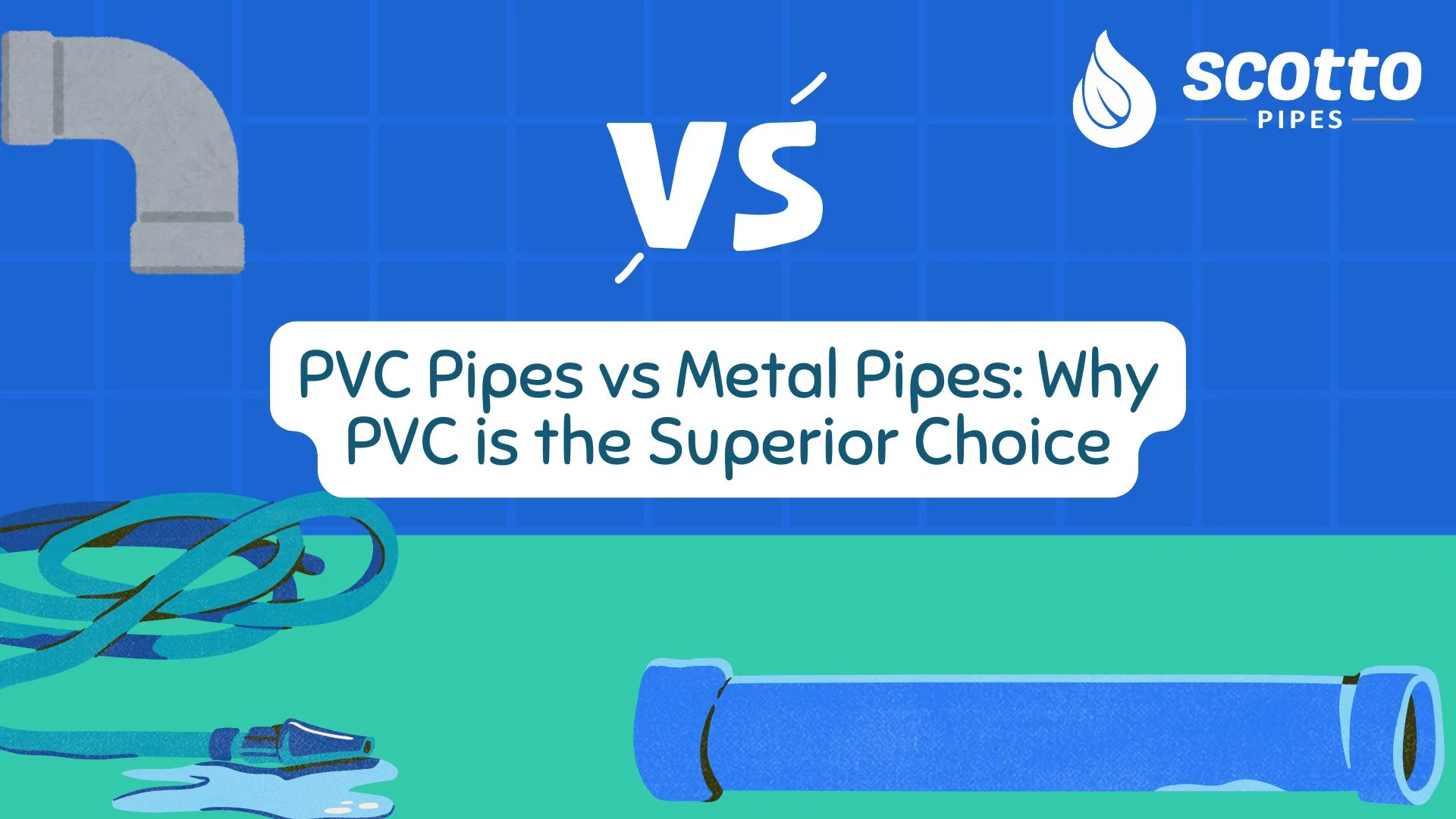
The choice of pipes, more specifically PVC and metal pipes is usually associated with plumbing, irrigation and several construction uses. Each has its unique features that make it suitable for certain applications, as seen earlier, however, more often than not, PVC Pipes take the better option. As you will see through this blog, there are certain factors for which PVC pipes take the upper hand against metal pipes in terms of sturdiness and expenses as well as the frequency of fixing and performance.
For plumbing needs, construction purposes, or basically, any mechanical industry, the kind of pipe is significantly important. Such pipes have in the most part been between PVC and metal pipes. However, PVC pipe has evolved with a variety of attributes that make it stand out from the rest of the pipes in many aspects including cost, strength and environment. Now, let us consider a more detailed analysis to realize why PVC would be the best option of choice.
1. Cost Efficiency
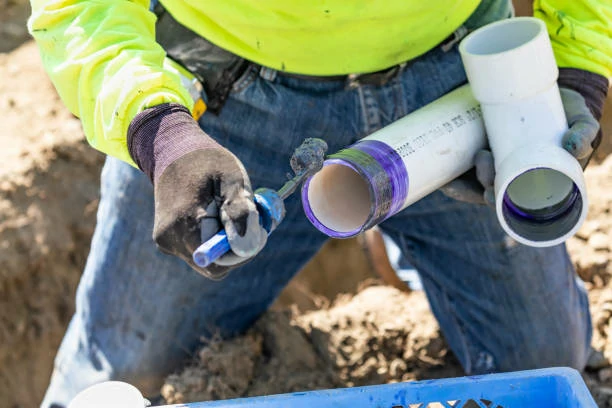
-
PVC Pipes:
PVC pipes are cheaper in costs of production and implementation compared to metal pipes. Unlike most building materials, PVCs are not heavy; hence they are easy to transport and install, consequently cutting on costs.
-
Metal Pipes:
Pipes manufactured from metals including steel as well as copper are costly in terms of material and the time it takes to install them. Furthermore, they usually need a layer of protection from corrosion which increases their cost.
2. Durability and Longevity
-
PVC Pipes:
Noteworthy of PVC pipes is its ability to resist corrosion and chemical related damage. As such they are most suited for water supplies, sewage pipes as well as industrial uses where the pipes are bound to come into contact with chemicals or moisture.
-
Metal Pipes:
Metals pipes are prone to rust, corrosion and scaling which is common when the surrounding area is humid or has an acoustic property of acidity. However, metal pipes are known to be prone to corrosion, though some of them are coated to help them avoid corrosion, this adds some cost after certain years of usage.
3. Ease of Installation
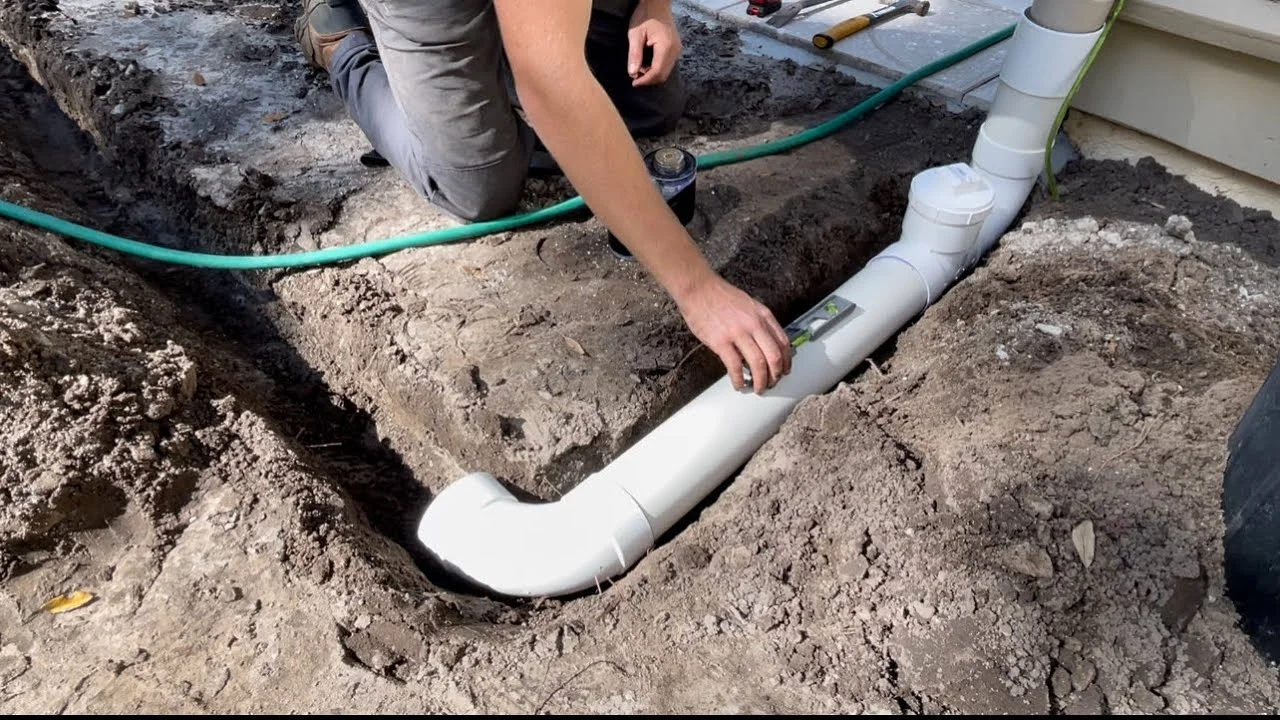
-
PVC Pipes:
Since PVC pipes are relatively lightweight and flexible it is easy to work with them. Due to their ease of cutting, joining and fitting it does not take a lot of time nor a professional to do it.
-
Metal Pipes:
Metal pipes are relatively bulky and they need specific equipment in terms of cutting and joining them together. This results in the increased amount of work and time necessary to install the roofs, and in general, any of the buildings.
4. Environmental Impact
-
PVC Pipes:
Several developments in the recent past have therefore enhanced the production of PVC concerns reducing environmental impacts. PVC pipes can be recycled and the long life that the pipes have makes waste production a rare occurrence. Furthermore, their smooth inner surface minimizes energy loss in water distribution systems.
-
Metal Pipes:
Although metal pipes can also be recycled the production of such pipes especially steel and copper requires a highly energy demanding mining and manufacturing process. Durability and wear and tear also results to pollution and replacement frequency.
5. Versatility in Applications
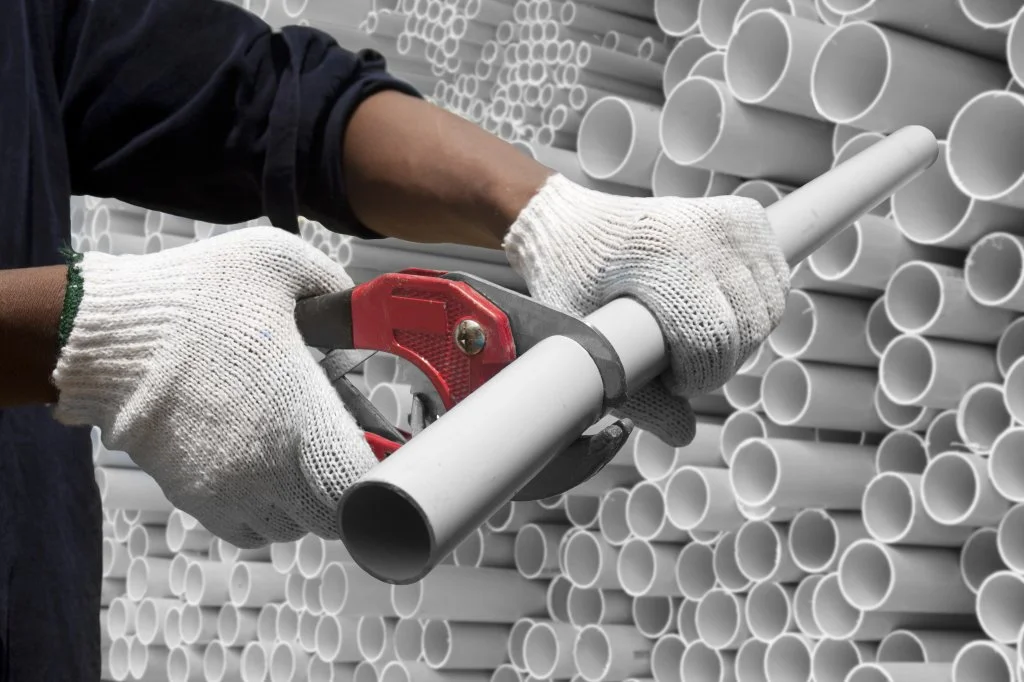
-
PVC Pipes:
PVC pipes deliver a high level of functionality for all classes of use with the versatility to support, potable water supply, drainage, irrigation and electrical conduit. They come in various size capability and pressure classes so as to meet the various demands.
-
Metal Pipes:
The use of metal pipes is limited in a number of ways due to the tendency for it to rust and also for the need to cover it. These are principally suited to applications where high pressure or high temperature is present and they are not as versatile as PVC.
6. Safety and Hygiene
-
PVC Pipes:
These pipes are non-toxic making it suitable in the transportation of drinking water. They are also less susceptible to bacterial developments which make them convenient to use in water systems.
-
Metal Pipes:
Lead and other dangerous chemical elements can deposit from old metal pipes into the supply line of water systems. They add that even though corrosion is a slow process, water quality is gradually affected by it.
7. Resistance to Weather and Chemicals
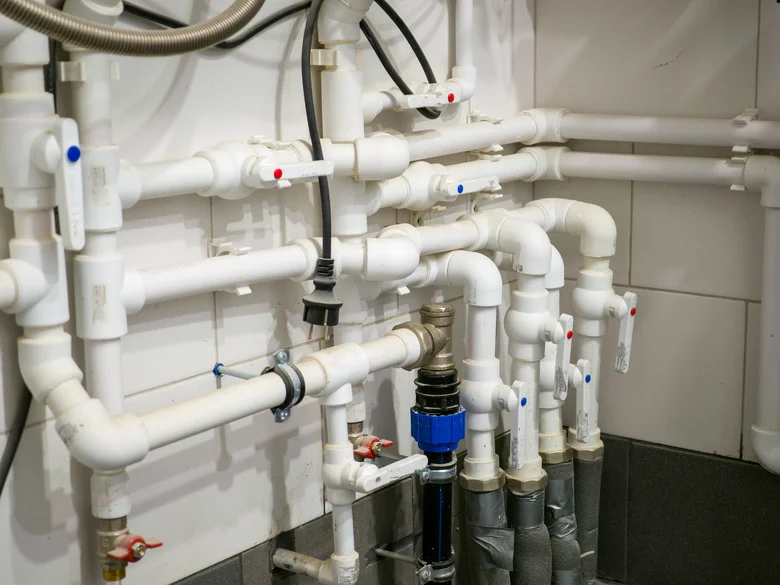
-
PVC Pipes:
PVC pipes do very well in extreme temperatures and also contain chemical immunities of course. It can easily handle acid and alkali and is therefore fit for use in chemical drainage systems.
-
Metal Pipes:
Although some of the metals are temperature-proof and may not deform at high temperatures, most of them are normally sensitive to very high acidic or alkaline solutions without passivating layers.
Scotto Pipes: Leading the Way in PVC Pipe Manufacturing
When it comes to quality PVC Plastic Pipes for all types of requirements, Scotto Pipes is among the largest PVC pipe manufacturer and exporter. Scotto Pipes is well renowned for its constant quality and accumulation of superior innovation on PVC pipes that are sturdy and possessing high performance in any of the applications such as domestic, commercial or the industrial. Scotto Pipes has modern production facilities and follows strict quality regulation that companies only produce pipes that conform to international standard and customer’s requirements. They are present all over the globe and are specialists for the international market; a reliable contractor for piping requirements meeting cost and durability at a time when there is ever-increasing pressure for infrastructure and development.
Conclusion
PVC pipes are ideal compared to metal pipes for most Residential, commercial, and industrial applications. Their efficiency, sturdiness, simple to install and their eco-friendliness makes them a very realistic option. Although metal pipes may still be required, where high pressure or high temperature is needed, PVC proves to be the most suitable option, fulfilling most of the piping demands of the present generation systems.
FAQs
1. Are PVC Pipes Safe for Drinking Water?
Yes, PVC pipes are non-toxic and safe for transporting drinking water.
2. How long do PVC Pipes Last?
PVC pipes can last 50 years or more with minimal maintenance.
3. Do PVC Pipes Require Special Tools for Installation?
No, PVC pipes can be installed using basic tools, making the process simple and cost-effective.
4. Can PVC Pipes Handle High Temperatures?
Standard PVC pipes have temperature limitations, but CPVC (Chlorinated PVC) can handle higher temperatures.
5. Are PVC Pipes Environmentally Friendly?
Yes, PVC pipes are recyclable and have a lower environmental impact compared to metal pipes, especially when considering their long lifespan and reduced energy use during transport.


